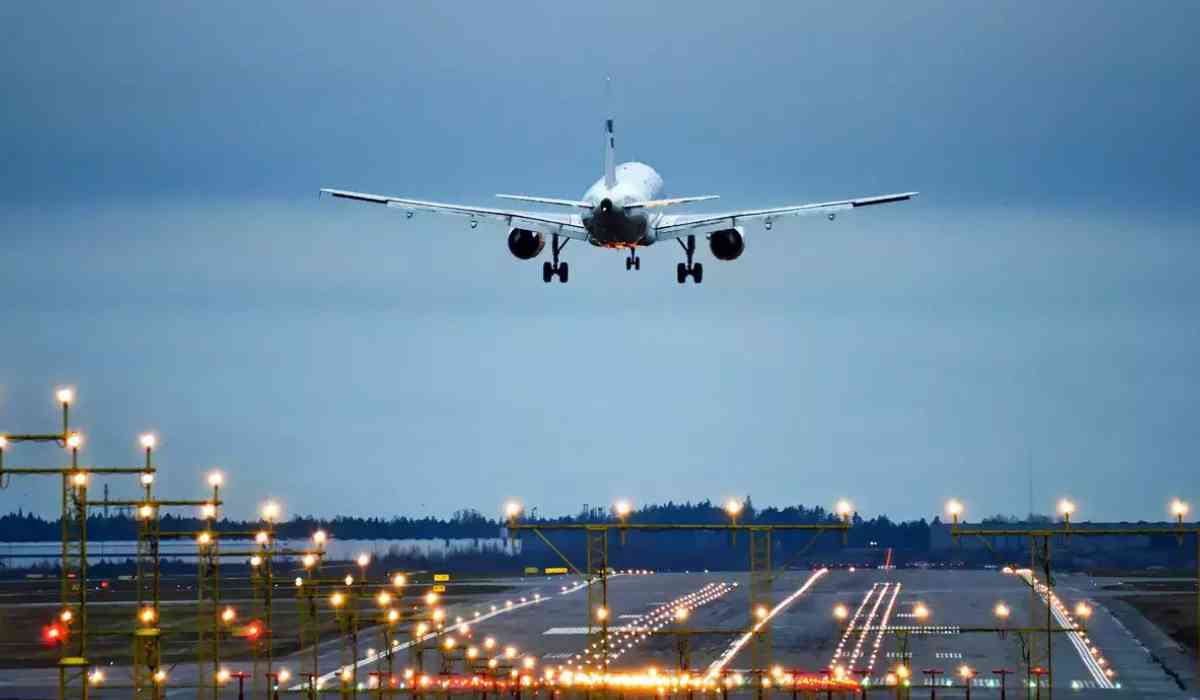Effective April 1, 2025, the Indian government mandates that all airlines operating international flights to and from India share comprehensive passenger data with Indian Customs authorities. This directive, issued by the Central Board of Indirect Taxes and Customs (CBIC), aims to enhance border security, streamline customs processes, and bolster efforts against smuggling and other illicit activities.
The Kanyakumari Glass Bridge & other such travel wonders

Implementation Timeline and Registration Requirements
To facilitate this data-sharing initiative, airlines are required to register with the National Customs Targeting Centre-Passenger (NCTC-Pax) portal by January 10, 2025. The CBIC has outlined a phased implementation plan:
- Pilot Phase: Scheduled to commence by February 10, 2025, involving select airlines to test the system's functionality.
- Full-Scale Operation: Set to begin on April 1, 2025, for individual airlines, and by June 1, 2025, for airlines operating through the Global Distribution System (GDS).
Data Requirements
Under the 'Passenger Name Record Information Regulations, 2022,' airlines must provide 19 specific types of passenger information to Indian Customs at least 24 hours before the departure of an international flight. The required data includes:
- Personal Information: Full name, contact details (email ID, mobile number), and details of travel companions on the same booking.
- Travel Details: Travel itinerary, baggage information, ticket issuance date, and intended travel plans.
- Payment Details: Billing and payment information, including credit card numbers.
- Additional Data: Information about travel agencies and code-share agreements (when an airline sells seats on another carrier's flight).
Objectives of the Directive
The primary goals of this initiative are:
- Enhanced Security: By analyzing Passenger Name Record (PNR) data, customs authorities can identify high-risk individuals and prevent unlawful activities, including smuggling and human trafficking.
- Streamlined Customs Procedures: Access to passenger data in advance allows for more efficient processing at entry and exit points, reducing wait times and improving the overall traveler experience.
Penalties for Non-Compliance
Airlines failing to comply with these regulations will face stringent penalties, with fines ranging from ₹25,000 to ₹50,000 per violation. The Customs department's proactive approach ensures strict adherence to this mandate.
)
Data Privacy and Protection
The CBIC has emphasized that all collected passenger data will be handled in strict accordance with India's data protection laws. Measures are in place to ensure that the information is used exclusively for security and customs purposes, safeguarding individual privacy rights.
Implications for Passengers
While this directive primarily affects airlines, passengers should be aware that their personal information will be shared with Indian Customs authorities as part of enhanced security measures. The government assures that data privacy will be maintained, and the information will be used solely for the intended purposes.
Conclusion
The Indian government's mandate for airlines to share international passenger data with customs authorities marks a significant step toward strengthening national security and streamlining customs procedures. By implementing this directive, India aims to enhance its interdiction capabilities and improve risk analysis of passengers, thereby ensuring safer and more efficient international travel.
With inputs from agencies
Image Source: Multiple agencies
© Copyright 2024. All Rights Reserved Powered by Vygr Media.





















